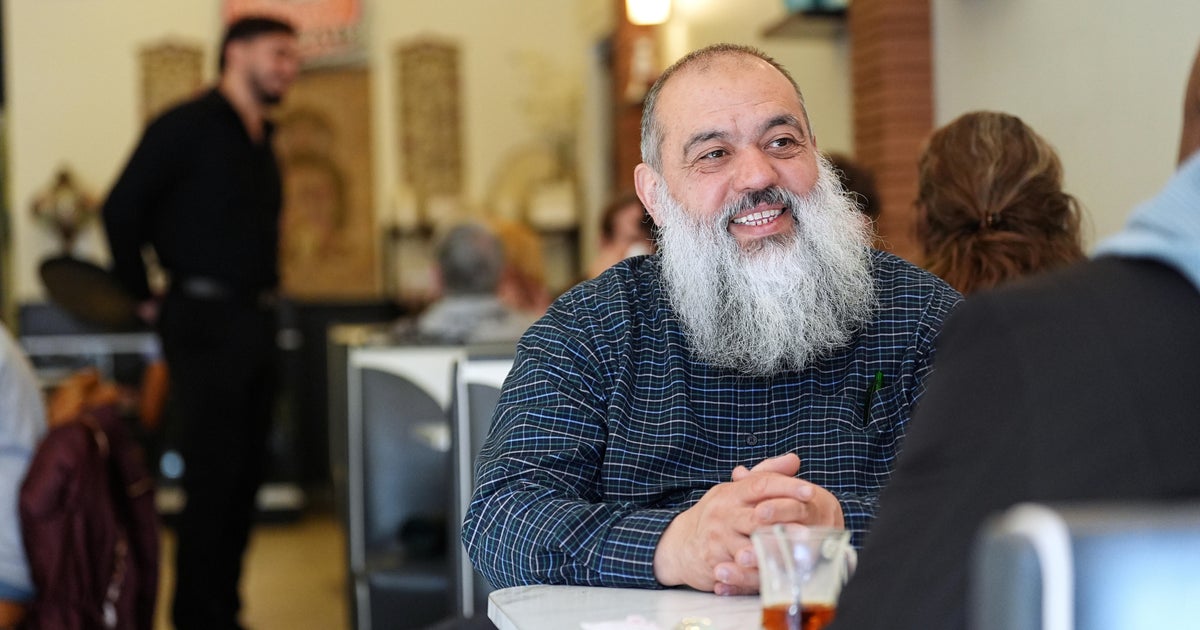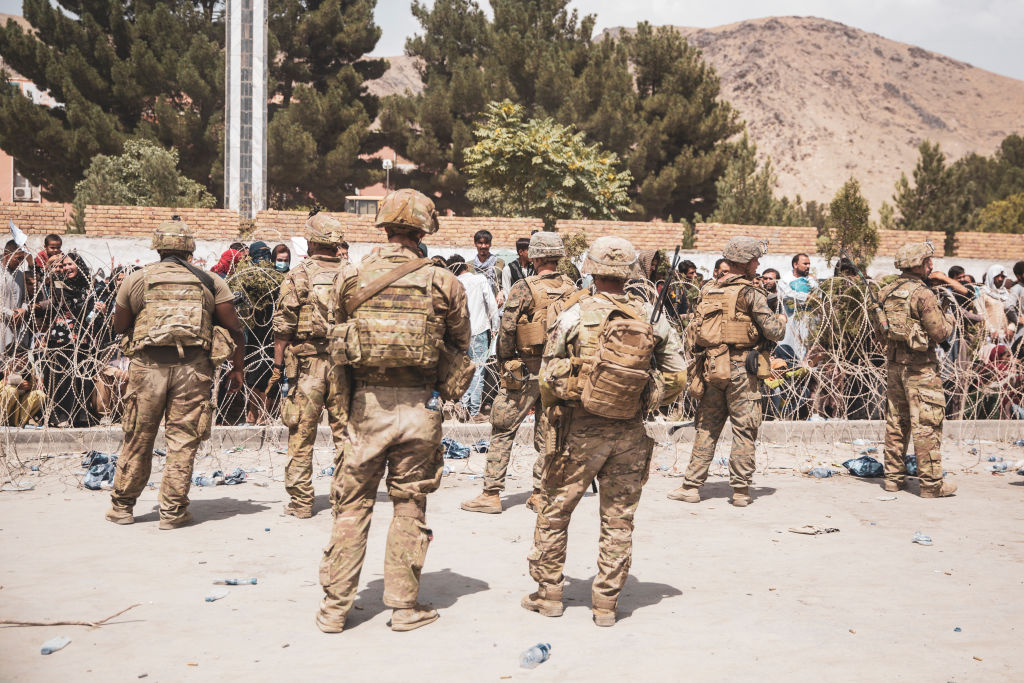CIA director pick John Ratcliffe vows new focus on intelligence gathering in confirmation hearing
Washington — John Ratcliffe, President-elect Donald Trump's pick to be CIA director, promised the Senate Intelligence Committee that if he's confirmed, the CIA would be rededicated to its intelligence-gathering mission.
"We will collect intelligence — especially human intelligence — in every corner of the globe, no matter how dark or difficult," Ratcliffe said during his confirmation hearing Wednesday. "We will produce insightful, objective, all-source analysis, never allowing political or personal biases to cloud our judgment or infect our products."
"To the brave CIA officers listening around the world, if all of this sounds like what you signed up for, then buckle up and get ready to make a difference," Ratcliffe said. "If it doesn't, then it's time to find a new line of work."
He told the committee the U.S. faces "what may be the most challenging national security environment in our nation's history," and these challenges "increase the necessity of confirming a CIA director who is prepared on Day One to take them head-on."
The two-hour hearing was one of about a dozen hearings scheduled for Trump's top administration picks this week ahead of his return to the White House next week. Though some of the president-elect's designated nominees have been subject to aggressive questioning and tense exchanges, the open portion of Ratcliffe's hearing remained notably civil. None of the Democrats on the committee expressed opposition to his formal nomination and Senate confirmation, though it's not yet clear how many Senate Democrats will vote to confirm him.
Ratcliffe, a former Texas congressman, served as director of national intelligence in the final months of President-elect Donald Trump's first term. At that time, Trump initially picked Ratcliffe to lead the nation's spy agencies earlier in his first term, but withdrew his name amid questions about his qualifications for the role. Months later, Trump again nominated Ratcliffe, and the Senate confirmed him as director of national intelligence without any support from Democrats.
Ratcliffe said in his opening remarks Wednesday that "for roughly a quarter of a century, I have devoted my professional life to U.S. national security." And he promised that if confirmed, he would focus on "setting and communicating priorities and demanding relentless execution."
Senate Intelligence Committee Chairman Tom Cotton kicked off the hearing by listing the ways in which the CIA must "get back to its roots," adding that it "must overcome several challenges to do so." He argued the CIA has become too bureaucratic, and its analysis and priorities have become politicized, among other obstacles.
"Mr. Ratcliffe, you have a big job ahead of you," Cotton, an Arkansas Republican, said. "The nation needs a strong capable and aggressive CIA."
Sen. Mark Warner of Virginia, the top Democrat on the committee, agreed with Ratcliffe that the CIA faces an "unprecedented number of challenges," and he mentioned the conflicts in Ukraine and Gaza, competition with China and the persistent threat of terrorism, which he said requires a "great deal of leadership."
Warner also outlined the importance of ensuring the intelligence community feels "respected and valued," amid what he called "underserved attacks" by President-elect Donald Trump. He told Ratcliffe he has an opportunity at his confirmation hearing to "reassure the men and women of the CIA that they not fear reprisal for being willing to speak truth to power."
In Congress, Ratcliffe served on the House Intelligence Committee and House Judiciary Committee and was a staunch defender of Trump through his first impeachment and investigations into Russian election interference.
In his confirmation hearing in 2020 to be DNI, Ratcliffe vowed to deliver "objective and timely" intelligence to senior policymakers and to ensure that it was "collected, analyzed and reported without bias, prejudice or political influence." He also disagreed with Trump about whether Russia meddled in the 2016 election, but declined to take a stance on what Russia's desired outcome was.
During Wednesday's hearing, Ratcliffe faced a slew of questions about politicization of the CIA, pledging not to bow to political pressure from the administration or elsewhere or take action for political purposes.
Ratcliffe also responded to questions about how he would resist efforts to force out career civil servants due to their perceived political views or loyalty to Trump, noting that during his time as director of national intelligence "that never took place" and is something he "would never do."
He vowed to work on the development of tools "to go on offense" against cyber adversaries, warning of the threat to the nation's digital borders "from half a world away."
The committee is proceeding with its questioning in a closed-door session. Cotton said the committee plans to vote on advancing Ratcliffe's nomination as soon as possible, as soon as Monday afternoon, after the inauguration.
Ratcliffe's nomination
Ratcliffe is considered to be a more traditional choice than some of Trump's picks for other roles, since he has served in a Senate-confirmed position once already and was also a member of Congress.
As intelligence director, he was criticized by Democrats for declassifying in the final days of the 2020 presidential election Russian intelligence alleging damaging information about Democrats during the 2016 race even though he acknowledged it might not be true. But like top intelligence officials of Republican and Democratic administrations, he has also been warning for years of the threat posed by China to U.S. interests.
China was among the topics at Wednesday's hearing, and in December 2020, Ratcliffe wrote that China "poses the greatest threat to America today, and the greatest threat to democracy and freedom world-wide since World War II." Ratcliffe, who was the nation's spy chief at the time, said he had shifted resources in the intelligence budget to make China more of a priority.
"Beijing is preparing for an open-ended period of confrontation with the U.S. Washington should also be prepared. Leaders must work across partisan divides to understand the threat, speak about it openly, and take action to address it," he wrote.



